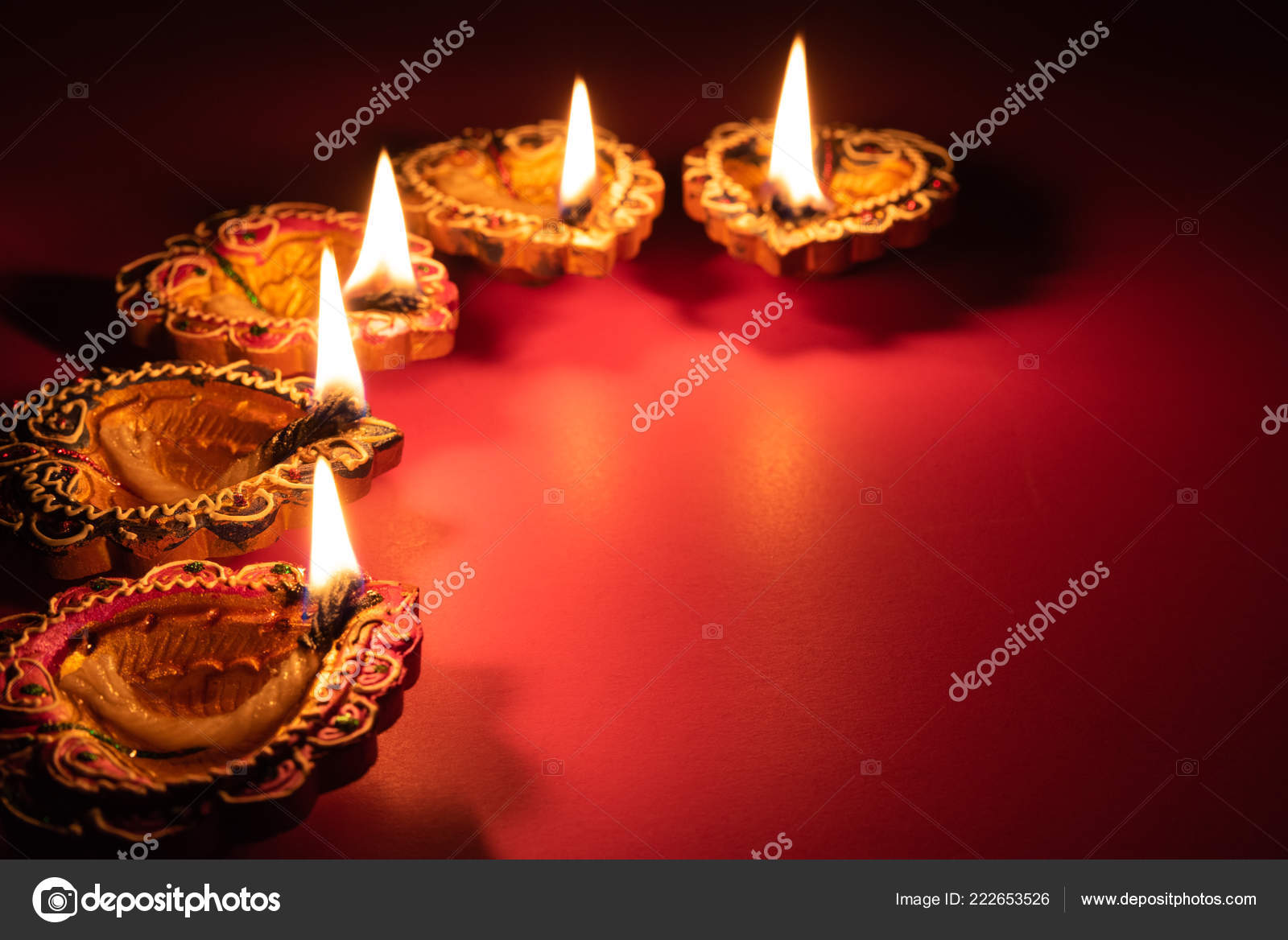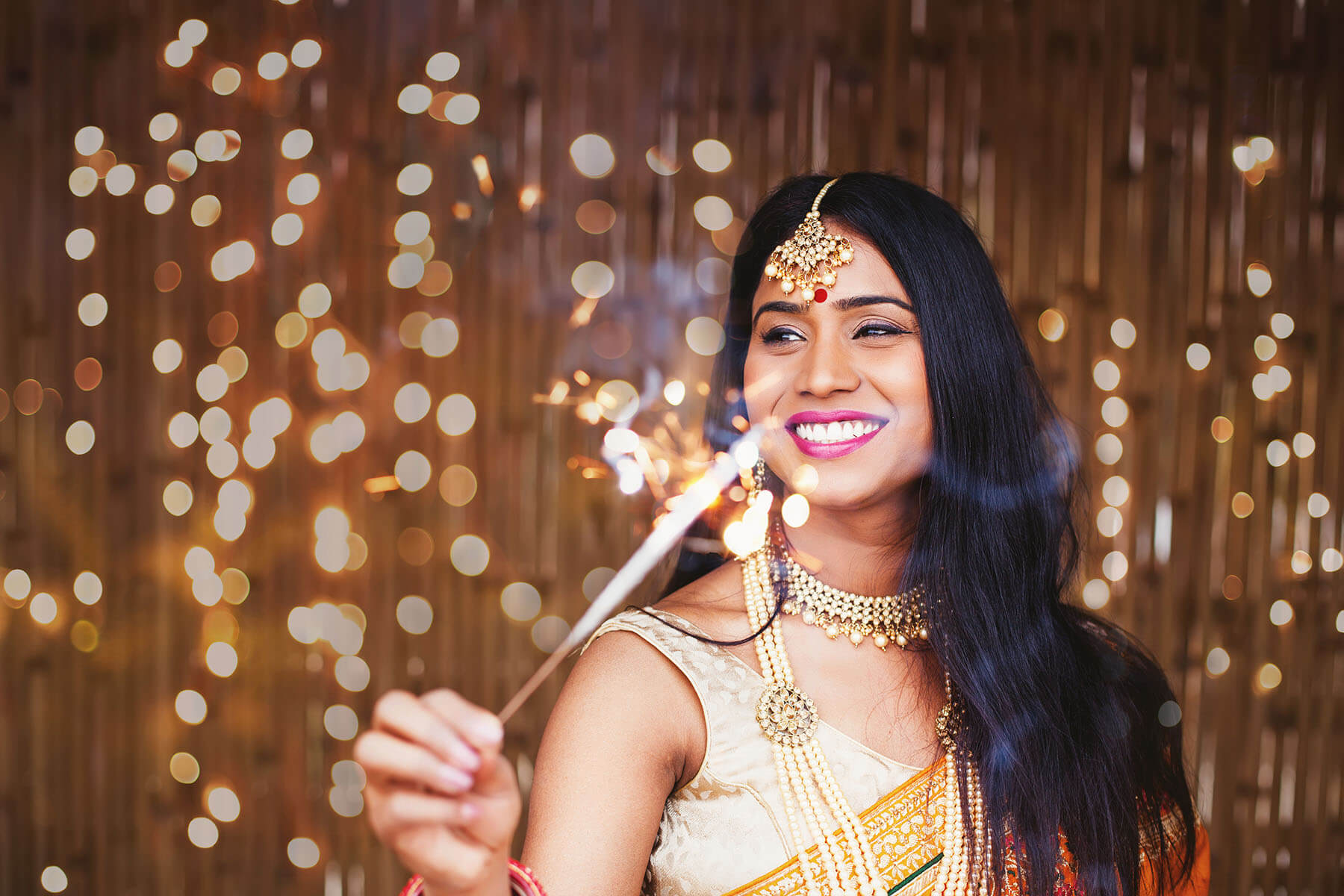Deepavali, also known as Diwali, is one of the most significant festivals in Hindu culture celebrated with great zeal and enthusiasm across the globe. But what is Deepavali festival? Deepavali symbolizes the victory of light over darkness and good over evil. It is a time of joy, unity, and festivity where families come together, decorate their homes with colorful rangolis and lights, exchange gifts, and indulge in delicious sweets and savory treats. The festival spans over five days, with each day holding its unique importance and rituals. Join us as we delve deeper into the essence and significance of Deepavali festival, exploring its traditions, customs, and the magic it brings into our lives.

Thrilled for this early Deepavali present (festival is next weeknd). Throwback to the Deepavali party hosted by @JoeBiden @DrBiden at their home 4 years ago now. Excited to finally have a woman of color – of Black and South-Asian heritage – as Veep – many congrats @KamalaHarris pic.twitter.com/fNJQfADLL0
— Priyamvada Natarajan (@SheerPriya) November 7, 2020
Introduction to Deepavali Festival
Deepavali, also known as Diwali, is one of the most significant festivals in Hindu culture celebrated worldwide.
Historical Significance
Deepavali marks the victory of light over darkness and good over evil, symbolizing knowledge over ignorance.
It is celebrated to honor Lord Rama’s return to Ayodhya after 14 years of exile and his victory over the demon king Ravana.
Celebration and Customs
During Deepavali, homes are adorned with colorful rangolis, diyas, and lights to welcome Goddess Lakshmi, the symbol of wealth and prosperity.
People exchange sweets and gifts, wear new clothes, and perform special prayers and rituals.

Significance of Deepavali Festival
Deepavali, also known as Diwali, is a significant Hindu festival celebrated across the globe. With its roots in ancient India, Deepavali symbolizes the victory of light over darkness, good over evil, and knowledge over ignorance.
The Festival of Lights
Deepavali gets its nickname, “The Festival of Lights,” from the tradition of lighting oil lamps or diyas. This practice signifies the illumination of inner light within ourselves, signifying hope and positivity for the upcoming year.
The festival brightens up homes and streets, creating a mesmerizing ambiance that brings communities together.
Traditions and Celebrations
People clean and decorate their homes, bursting fireworks, exchanging gifts, and sharing delicious sweets. Each tradition holds deep cultural and symbolic value, enriching the festival’s significance.
- Rangoli: Intricate floor designs made with colored powders represent welcoming prosperity.
- Puja: Ritual prayers to Goddess Lakshmi for wealth and prosperity.
- Feasting: Families come together to enjoy traditional meals and sweets.

Historical Background of Deepavali
Deepavali, also known as Diwali, is a significant Hindu festival celebrated by millions across the globe. Its origins date back to ancient India, with mentions in various Sanskrit scriptures. The word Deepavali is derived from Sanskrit, meaning a row of lamps. It symbolizes the victory of light over darkness and good over evil.
Ancient Origins
Deepavali has deep roots in Hindu mythology, with different regions in India attributing various historical events to its celebration. One popular legend is the return of Lord Rama to Ayodhya after defeating the demon king Ravana. People lit oil lamps to guide his way and celebrate his triumph.
Traditions and Customs
During Deepavali, houses are adorned with colorful decorations, intricate rangoli patterns are created, and delicious sweets are prepared and shared. Families come together to pray, exchange gifts, and light traditional clay lamps known as diyas.
- Important Rituals: The festival typically lasts five days, with each day holding its significance and rituals, such as Lakshmi Pooja dedicated to the goddess of wealth.
- Fireworks Display: Fireworks are a common feature of Deepavali, symbolizing the victory of light and dispelling negativity.
- New Beginnings: Deepavali also marks the start of the Hindu New Year in some regions, signifying hope, positivity, and renewal.
Traditional Customs and Practices
Deepavali, also known as Diwali, is a significant festival celebrated by Hindus worldwide. This festival signifies the victory of light over darkness and good over evil. Traditional customs and practices during Deepavali revolve around various rituals and ceremonies that hold cultural and spiritual significance.
Rangoli Art
Rangoli, colorful designs made on the floor, is a common tradition during Deepavali. These intricate patterns are created using colored powder, rice flour, or flower petals to welcome guests and bring good luck.
Decorating Homes
Homes are adorned with vibrant decorations such as string lights, diyas (oil lamps), and flowers. The illumination symbolizes the triumph of brightness over darkness and creates a warm, welcoming atmosphere.
Exchanging Sweets and Gifts
Another customary practice during Deepavali is the exchange of sweets and gifts with family, friends, and neighbors. This gesture fosters unity, love, and generosity among communities.
Prayer Ceremonies
Prayers and religious ceremonies play a vital role in Deepavali celebrations. Families visit temples, offer prayers, perform rituals, and seek blessings for prosperity and well-being.

Regional Celebrations of Deepavali
Deepavali, also known as Diwali, is celebrated with great enthusiasm and joy across various regions in India and around the world. Each region has its unique traditions and customs that add to the grandeur of the festival. Let’s explore some of the regional celebrations of Deepavali.
North India
In North India, Deepavali marks the return of Lord Rama to Ayodhya after defeating Ravana. People light diyas, burst firecrackers, exchange sweets, and perform Lakshmi Puja for prosperity.
South India
In South India, Deepavali is celebrated to commemorate the victory of Lord Krishna over the demon Narakasura. People create colorful rangolis, light oil lamps, and prepare delicious sweets and savories.
West India
In West India, Deepavali symbolizes the return of Lord Vishnu in his Vamana avatar. People decorate their homes with marigold flowers, wear new clothes, and enjoy traditional dances like Garba during Navratri.
East India
In East India, Deepavali is celebrated as Kali Puja where Goddess Kali is worshipped for protection from evil forces. People offer prayers and light earthen lamps to drive away darkness and bring prosperity.
Modern Observance and Festivities
Modern observance of Deepavali, also known as Diwali, has evolved into a grand celebration that transcends borders. In recent years, the festival has gained global recognition and is celebrated with great zeal and fervor by millions of people worldwide.
Contemporary Traditions
Contemporary Deepavali festivities often include decorating homes with colorful rangoli patterns and lighting up the surroundings with diyas (oil lamps) to symbolize the triumph of light over darkness.
People come together to share sweets and gifts with loved ones and partake in festive meals that showcase a rich array of traditional dishes.
Community Gatherings and Cultural Performances
During Deepavali, communities organize vibrant cultural events, dance performances, and musical concerts that showcase the diverse heritage of Indian culture.
- Traditional dances like Bharatanatyam and Kathak
- Classical music concerts featuring renowned artists
- Dramatic performances depicting mythological stories
Symbolism and Rituals of Deepavali
Deepavali, also known as Diwali, is a significant Hindu festival celebrated with great fervor across India and various parts of the world. Symbolizing the victory of light over darkness and good over evil, Deepavali is accompanied by elaborate rituals and traditions that hold deep cultural and spiritual significance.
Decorating Homes and Lighting Diyas
One of the most prominent rituals of Deepavali is the decoration of homes with colorful rangoli designs and the lighting of traditional earthen lamps known as diyas. This symbolizes the welcoming of prosperity and the dispelling of negativity from the surroundings.
Exchanging Gifts and Sweets
During Deepavali, families and friends exchange gifts and sweets as a gesture of love and appreciation. This tradition strengthens relationships and fosters a sense of unity and togetherness among loved ones. It symbolizes spreading joy and goodwill.
Frequently Asked Questions
- What is Deepavali Festival?
- Deepavali, also known as Diwali, is a Hindu festival celebrated all around the world. It signifies the victory of light over darkness, good over evil, and knowledge over ignorance.
- When is Deepavali typically celebrated?
- Deepavali is usually celebrated in the autumn season, between mid-October and mid-November. The specific date varies each year based on the lunar calendar.
- How is Deepavali Festival celebrated?
- Deepavali is celebrated with the lighting of oil lamps or diyas, decorative rangoli designs, exchanging gifts, cleaning and decorating homes, offering prayers to deities, and enjoying festive meals with family and friends.
- Why is Deepavali Festival significant?
- Deepavali holds a significant cultural, religious, and spiritual importance. It is a time for reflection, gratitude, and renewal. The festival also symbolizes the triumph of light over darkness and the victory of good over evil.
- Are there different traditions associated with Deepavali?
- Yes, there are various regional and cultural traditions associated with Deepavali. For example, in some regions, people worship different deities, perform specific rituals, or indulge in particular types of festive foods.
Exploring the Essence of Deepavali Festival
As we conclude our journey into understanding the significance of Deepavali festival, we are enlightened by the celebration’s rich cultural and spiritual heritage. Deepavali, also known as Diwali, symbolizes the victory of light over darkness and good over evil. It is a time for families and communities to come together, spread joy, and embrace new beginnings.
Through the rituals, traditions, and festivities associated with Deepavali, we are reminded of the importance of positivity, prosperity, and unity. This festival transcends boundaries and illuminates our hearts with hope and happiness.
In summary, Deepavali festival embodies the spirit of renewal, gratitude, and harmony. Let us carry forward its luminous message throughout the year, spreading love and light wherever we go.